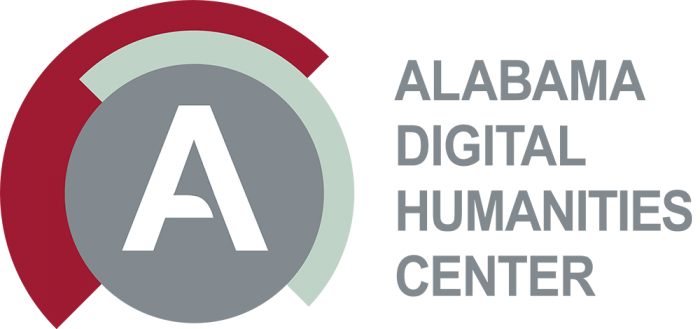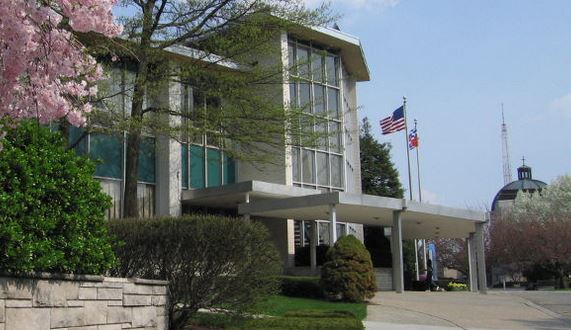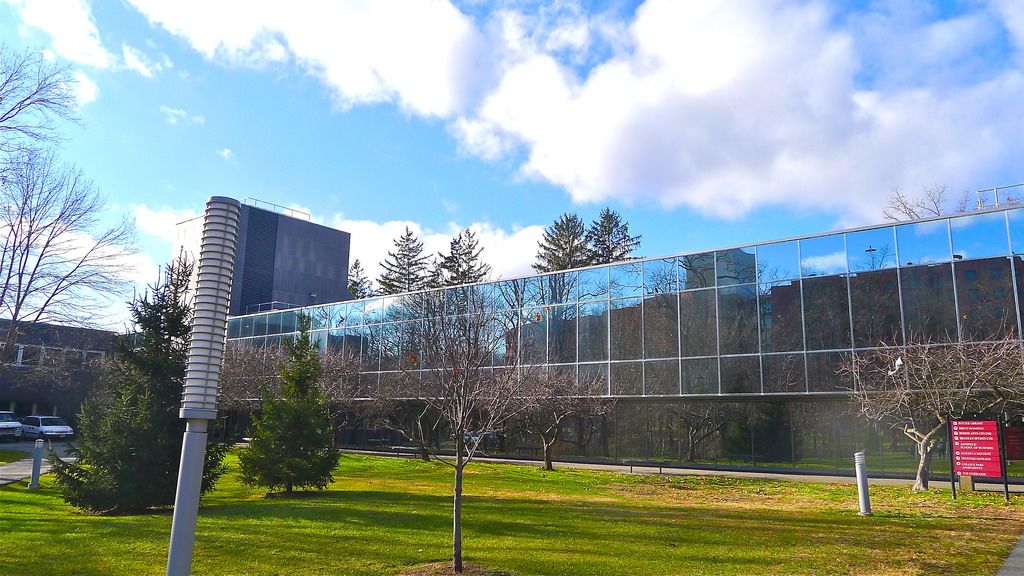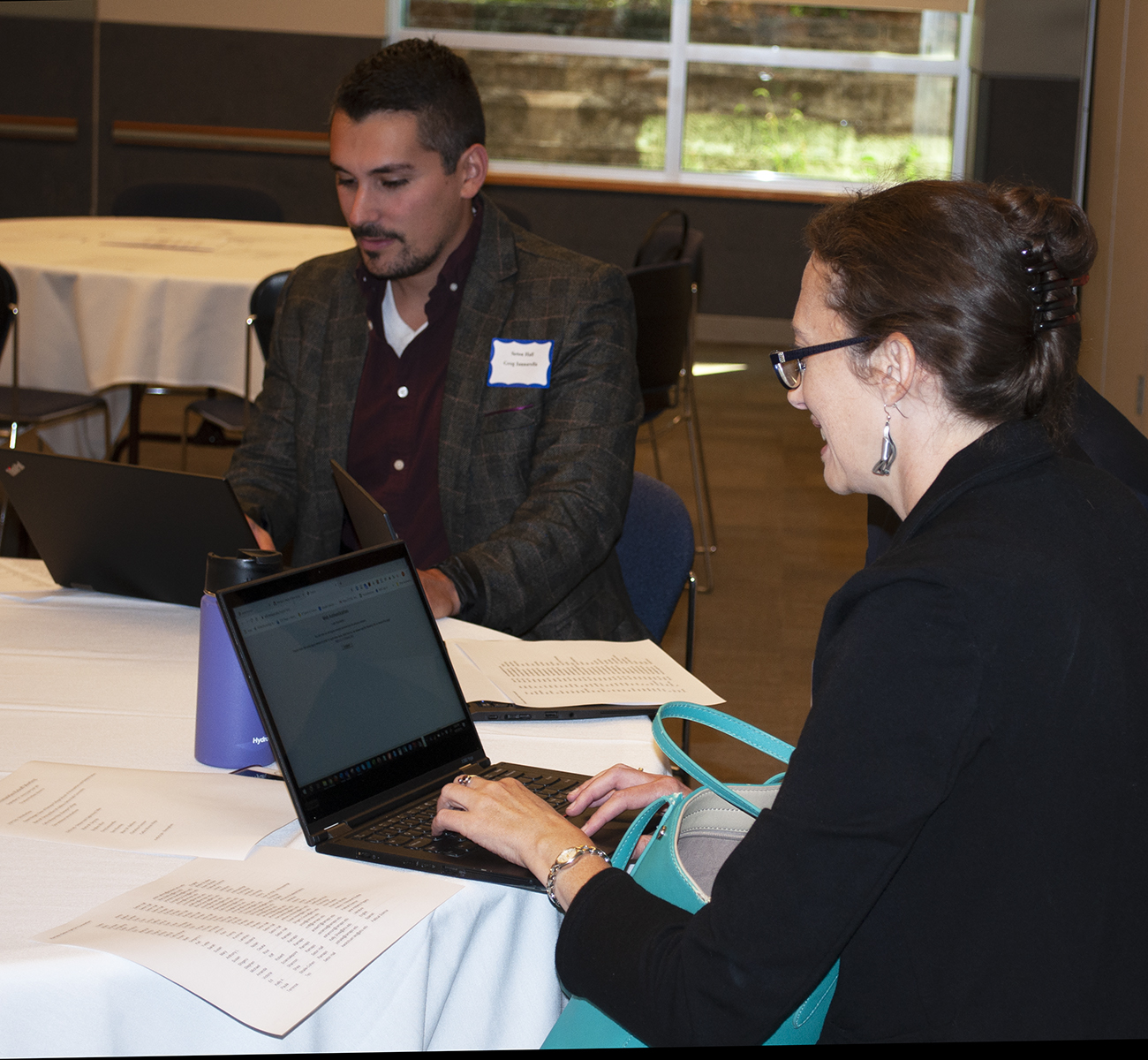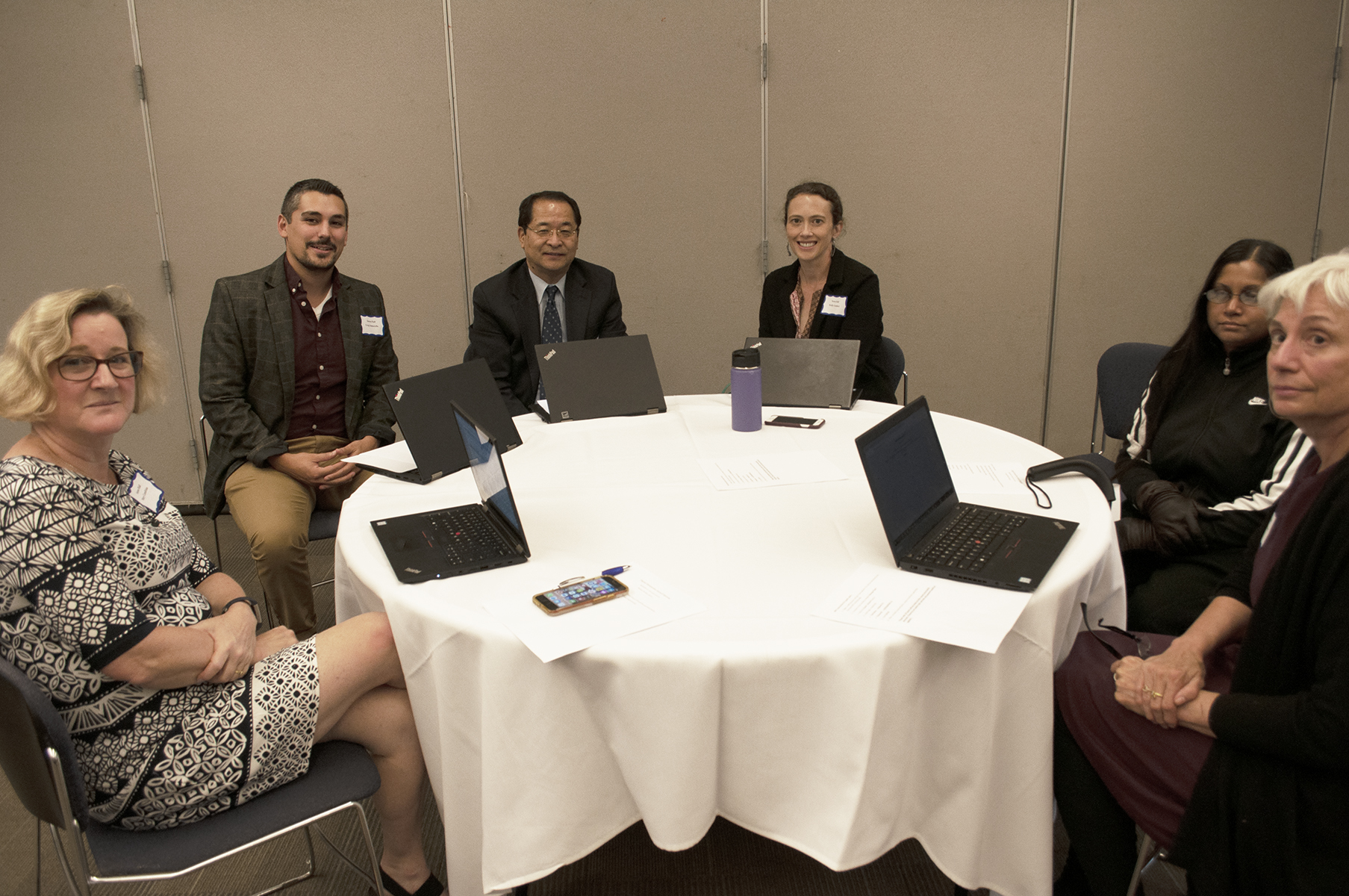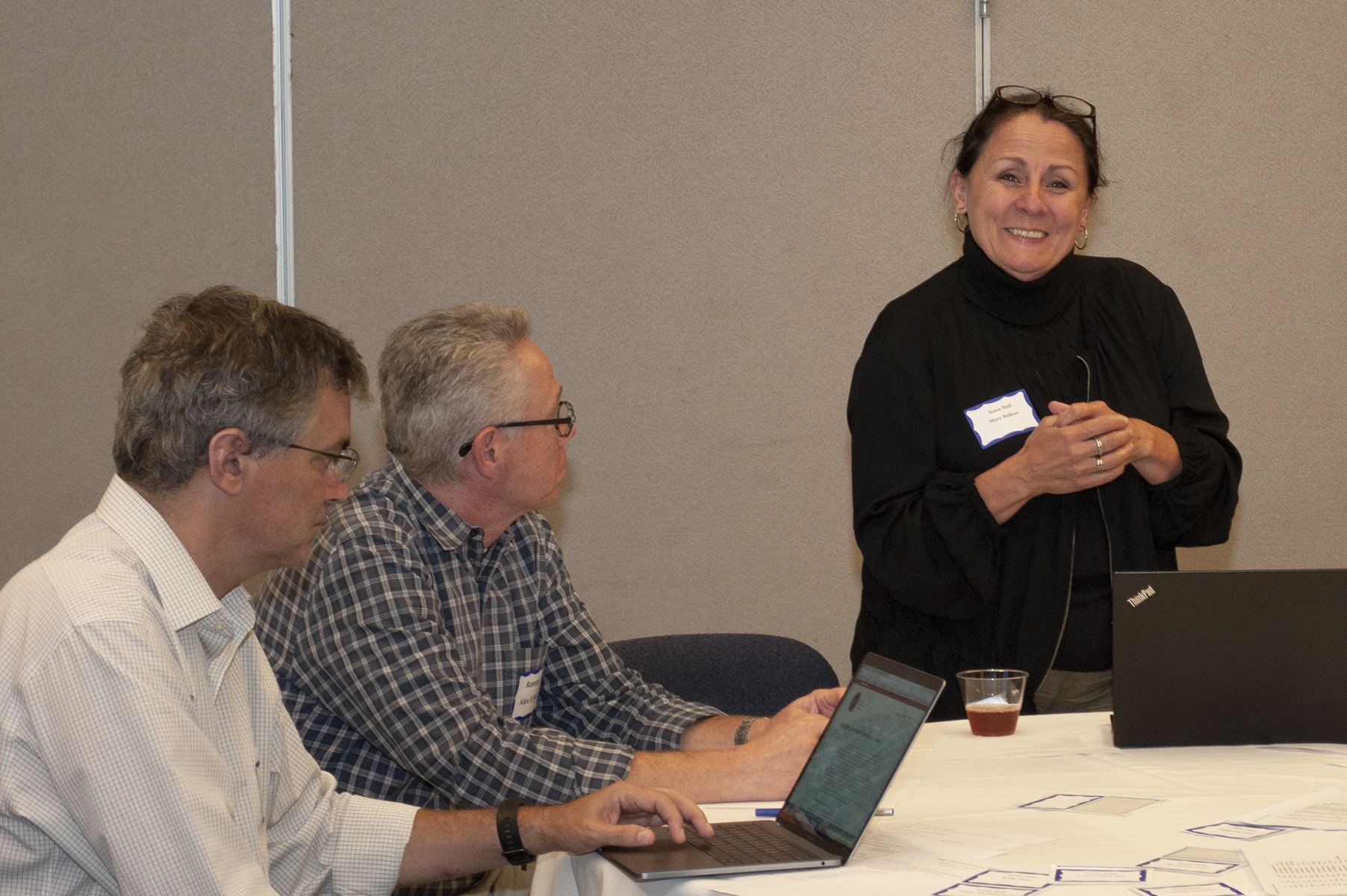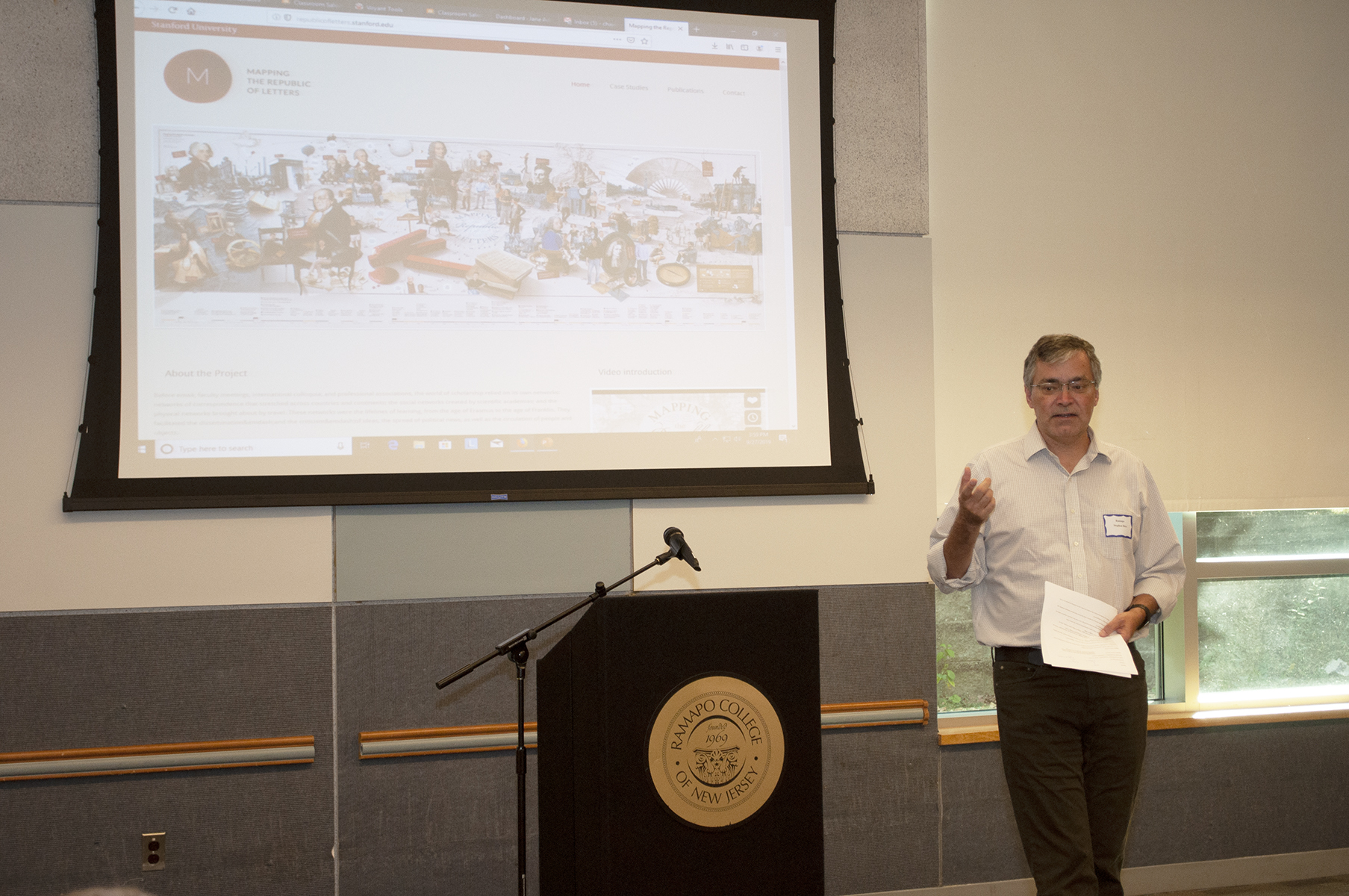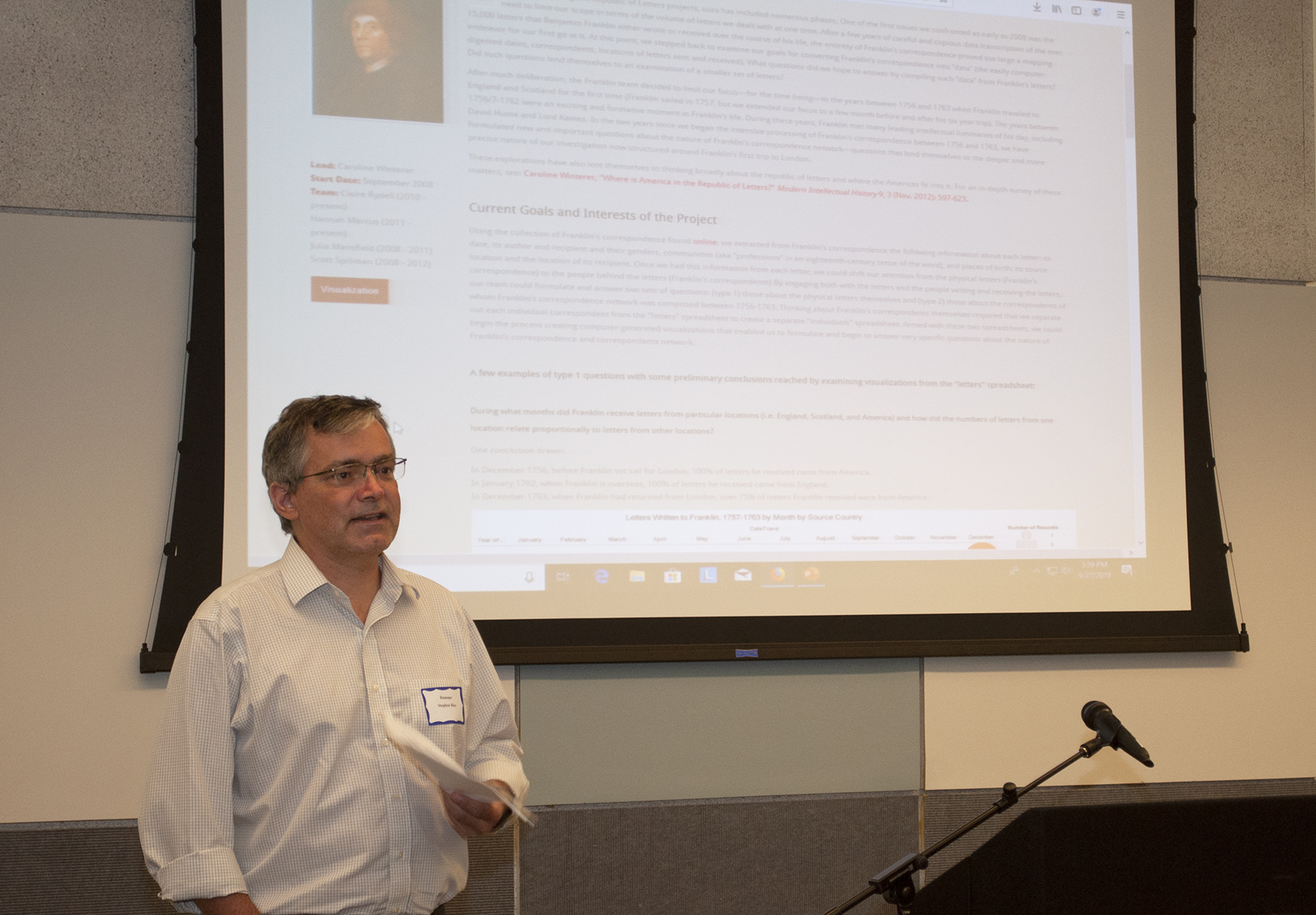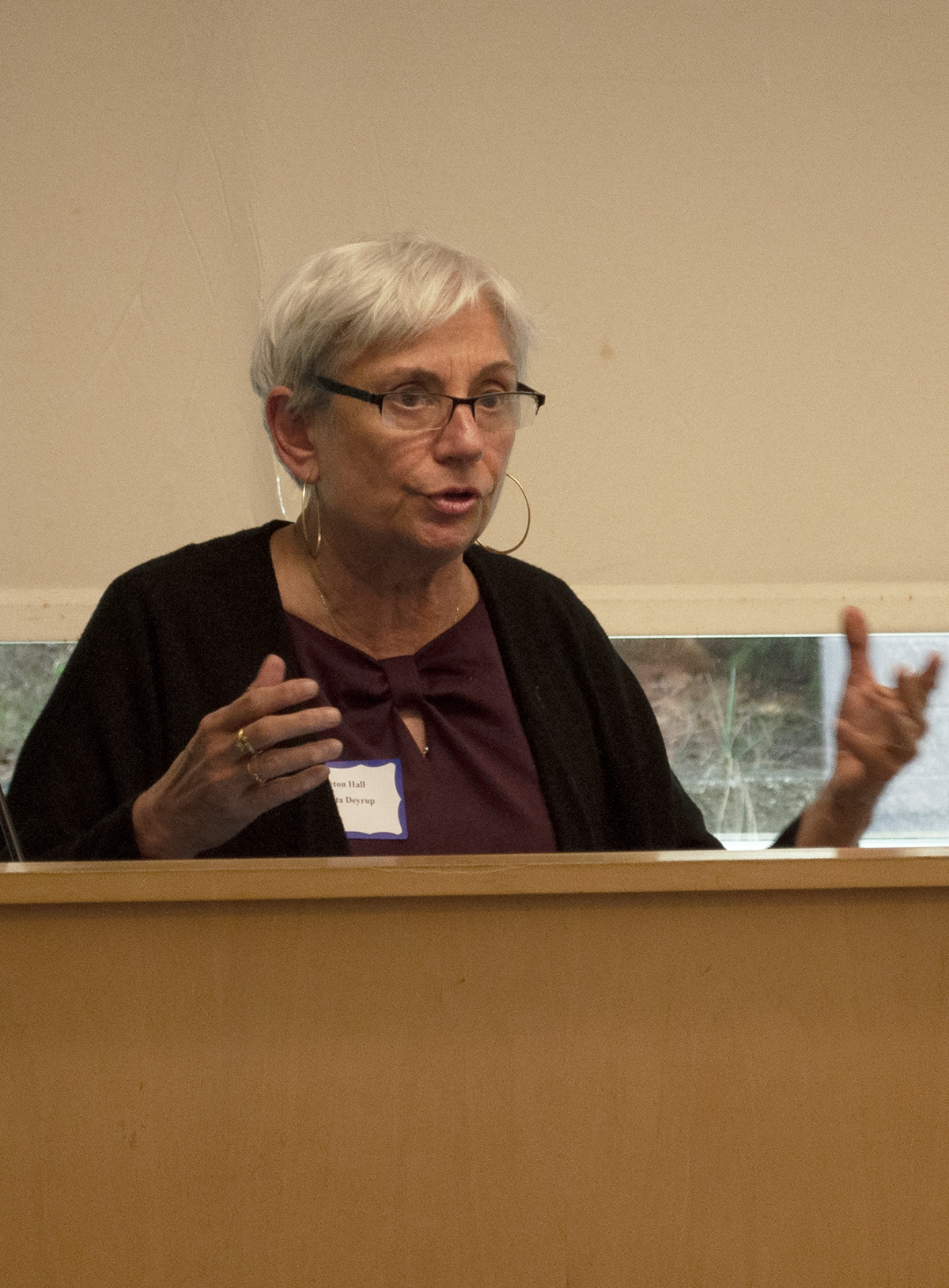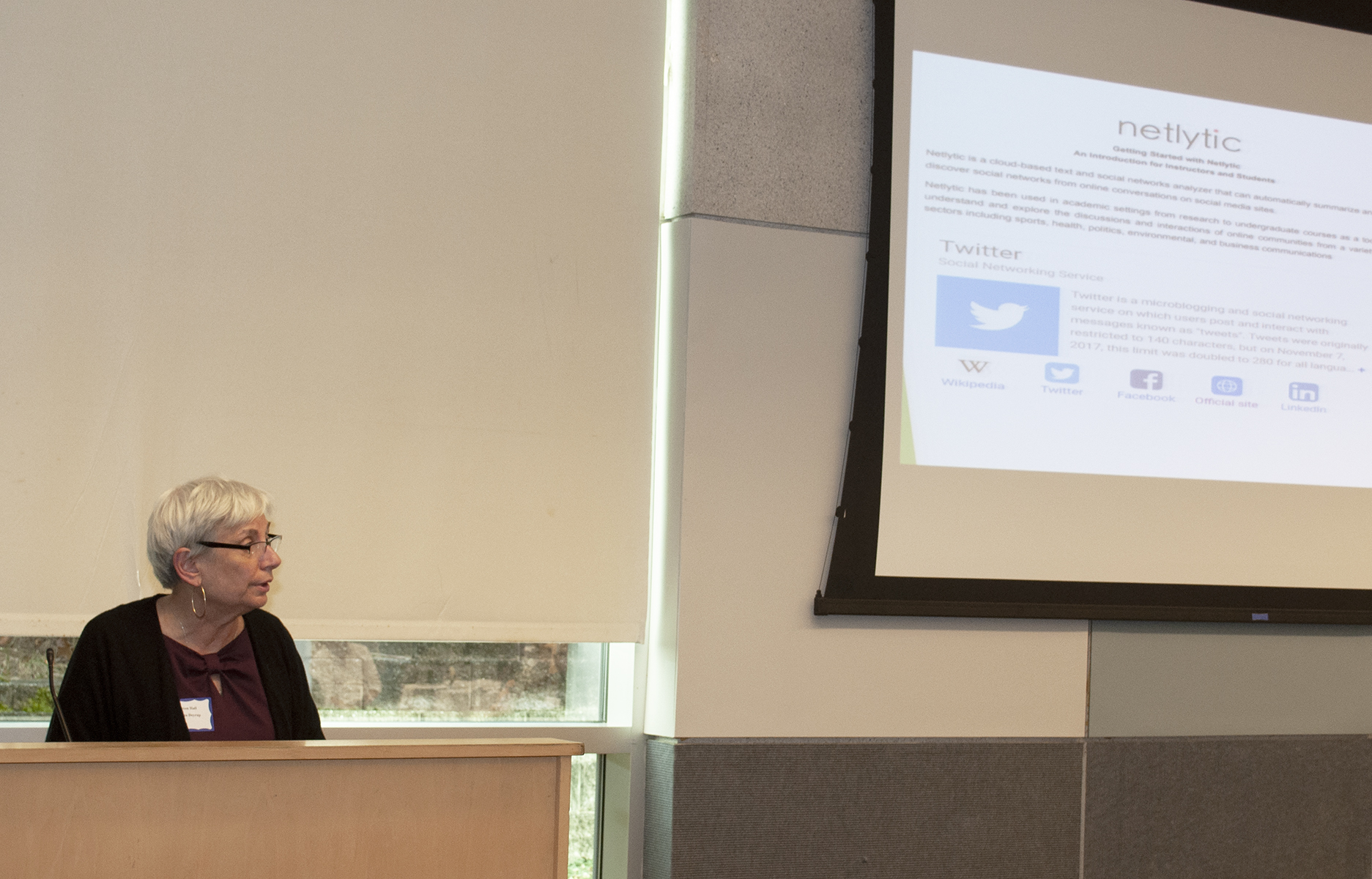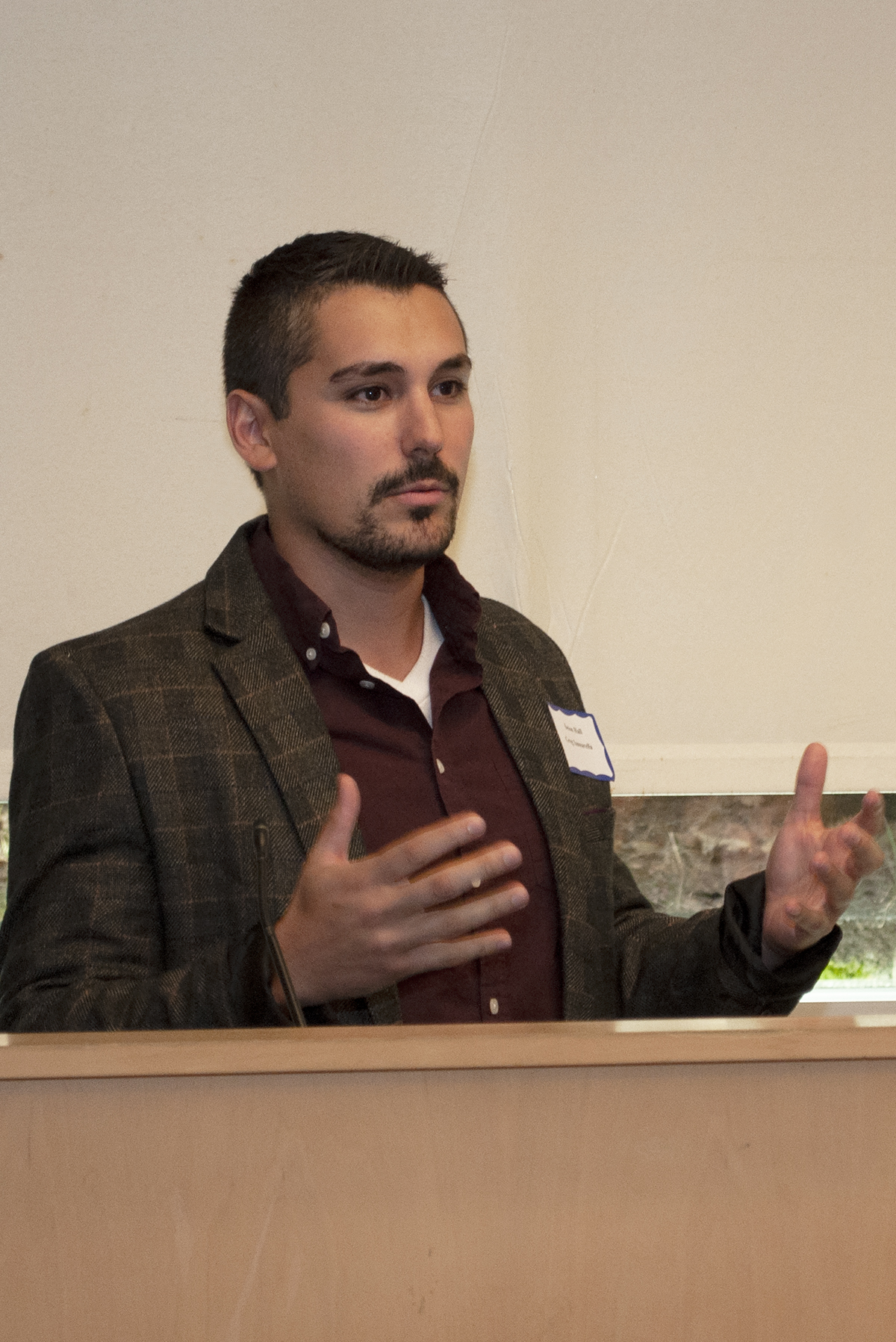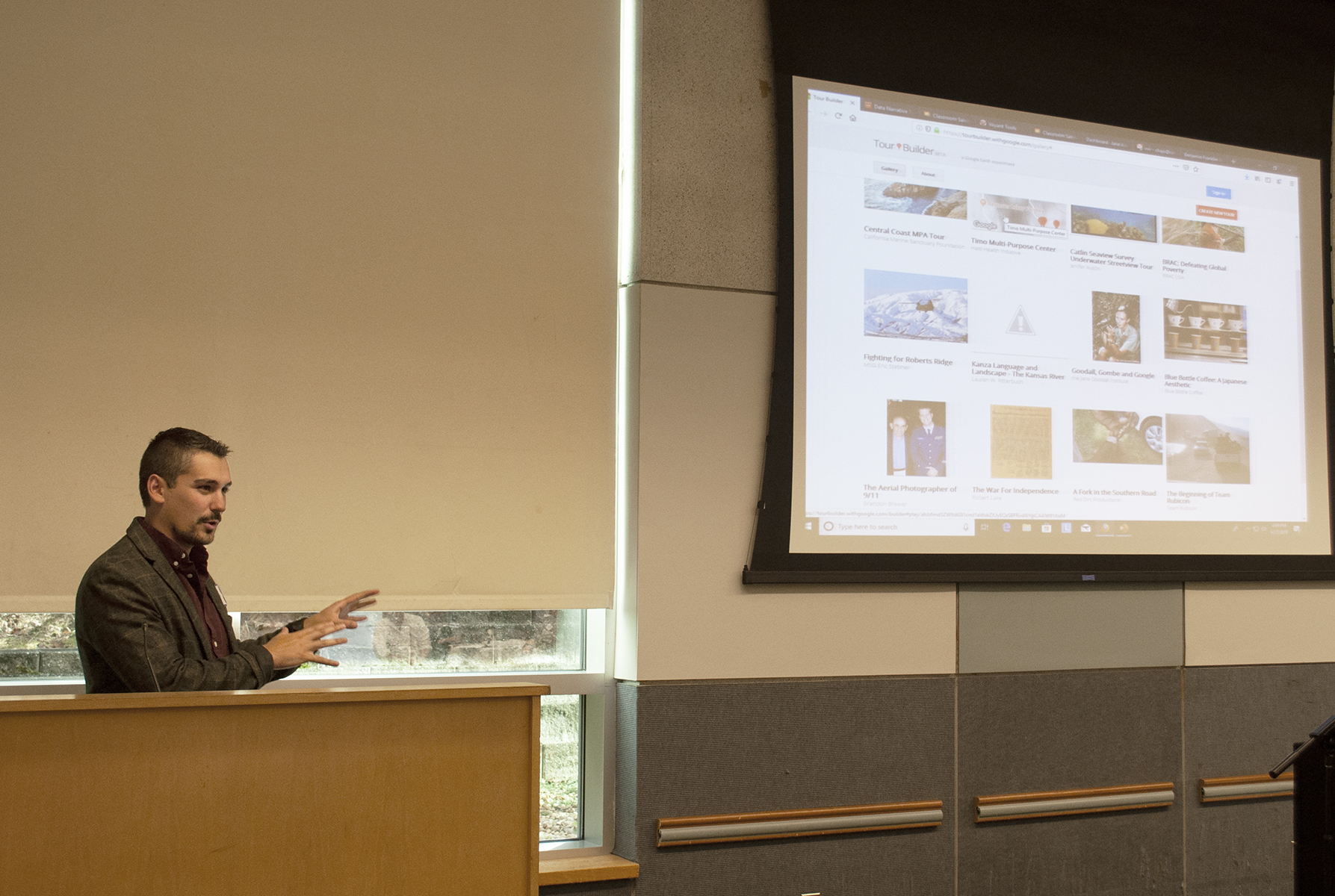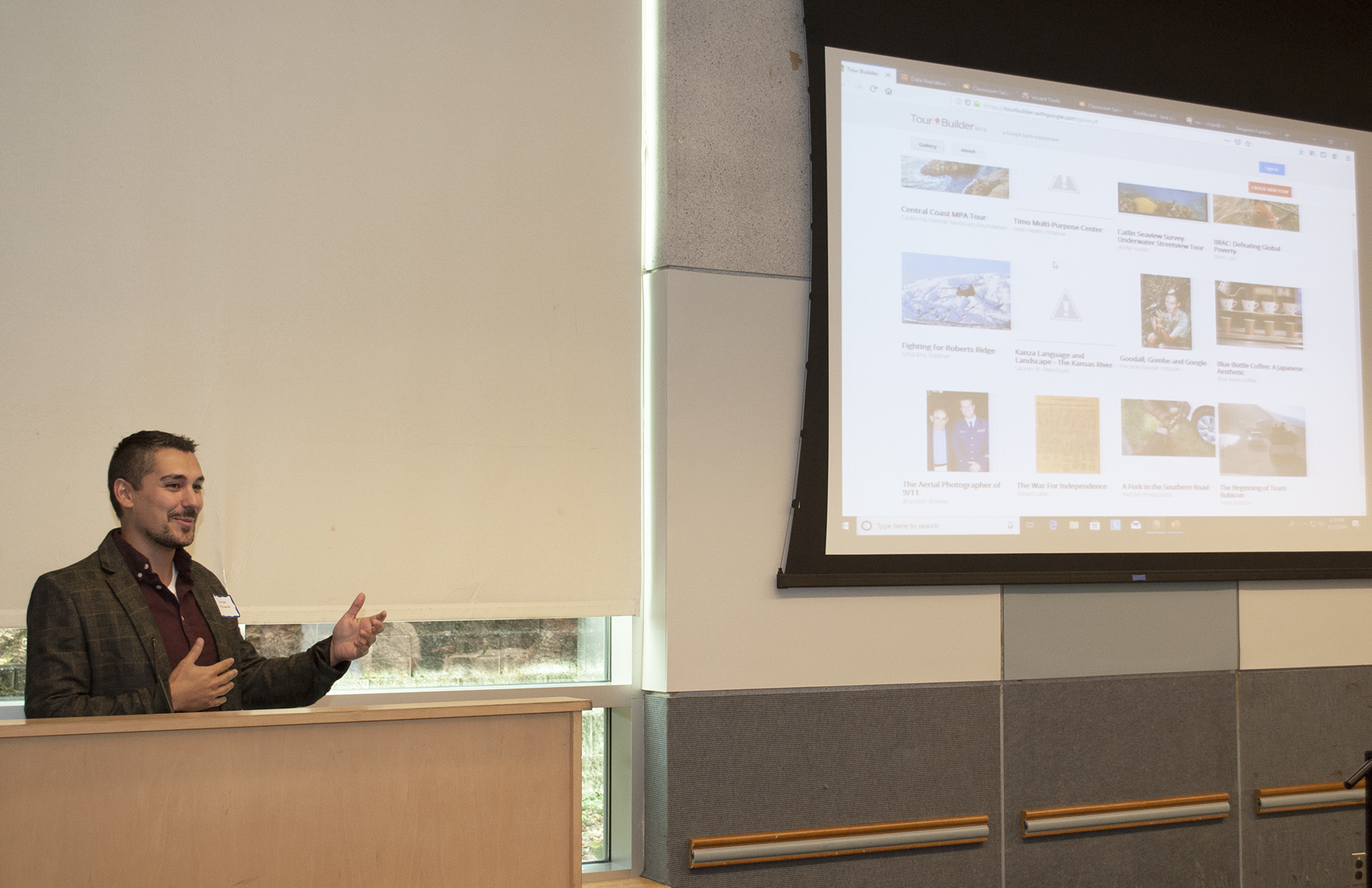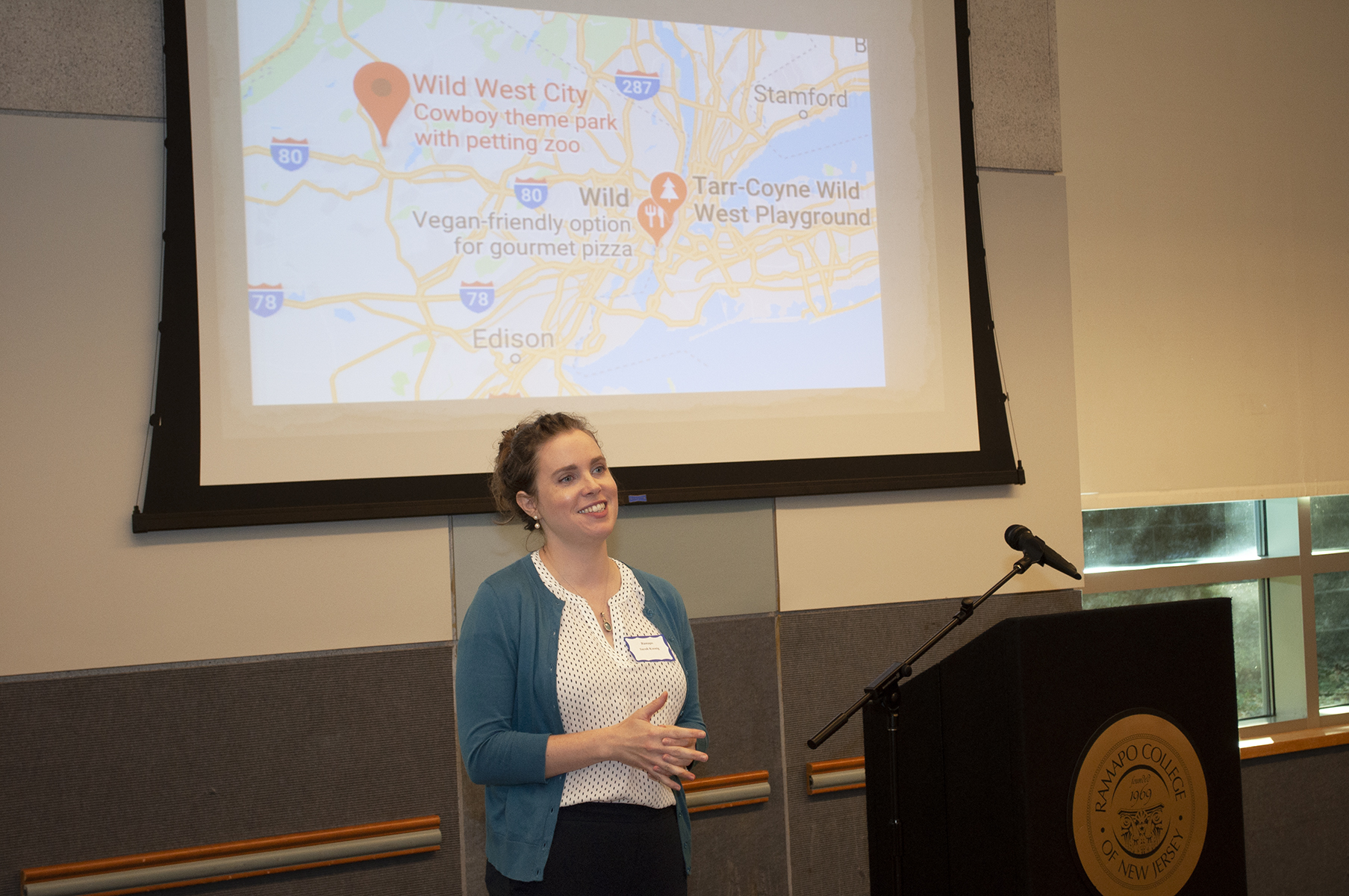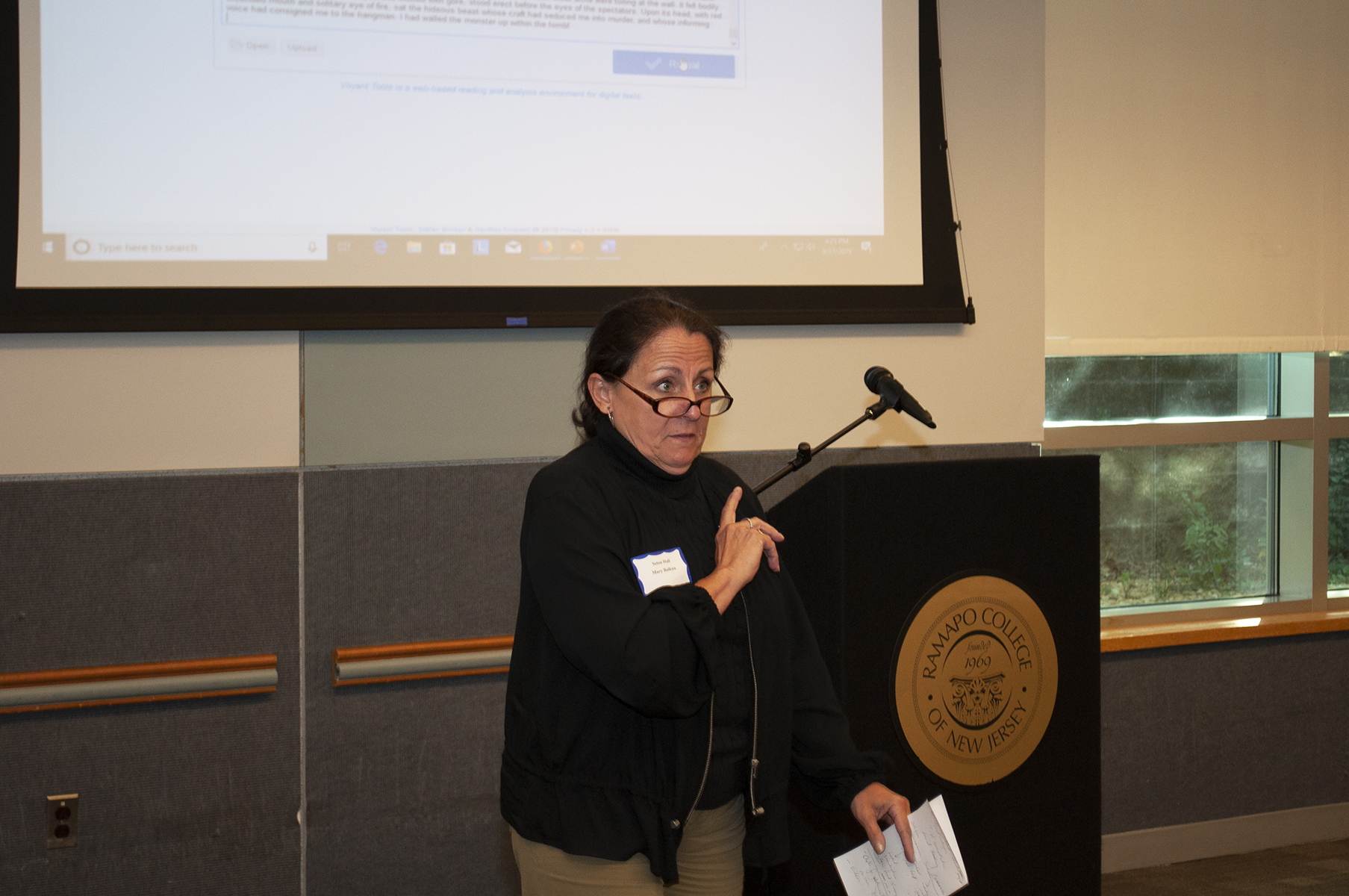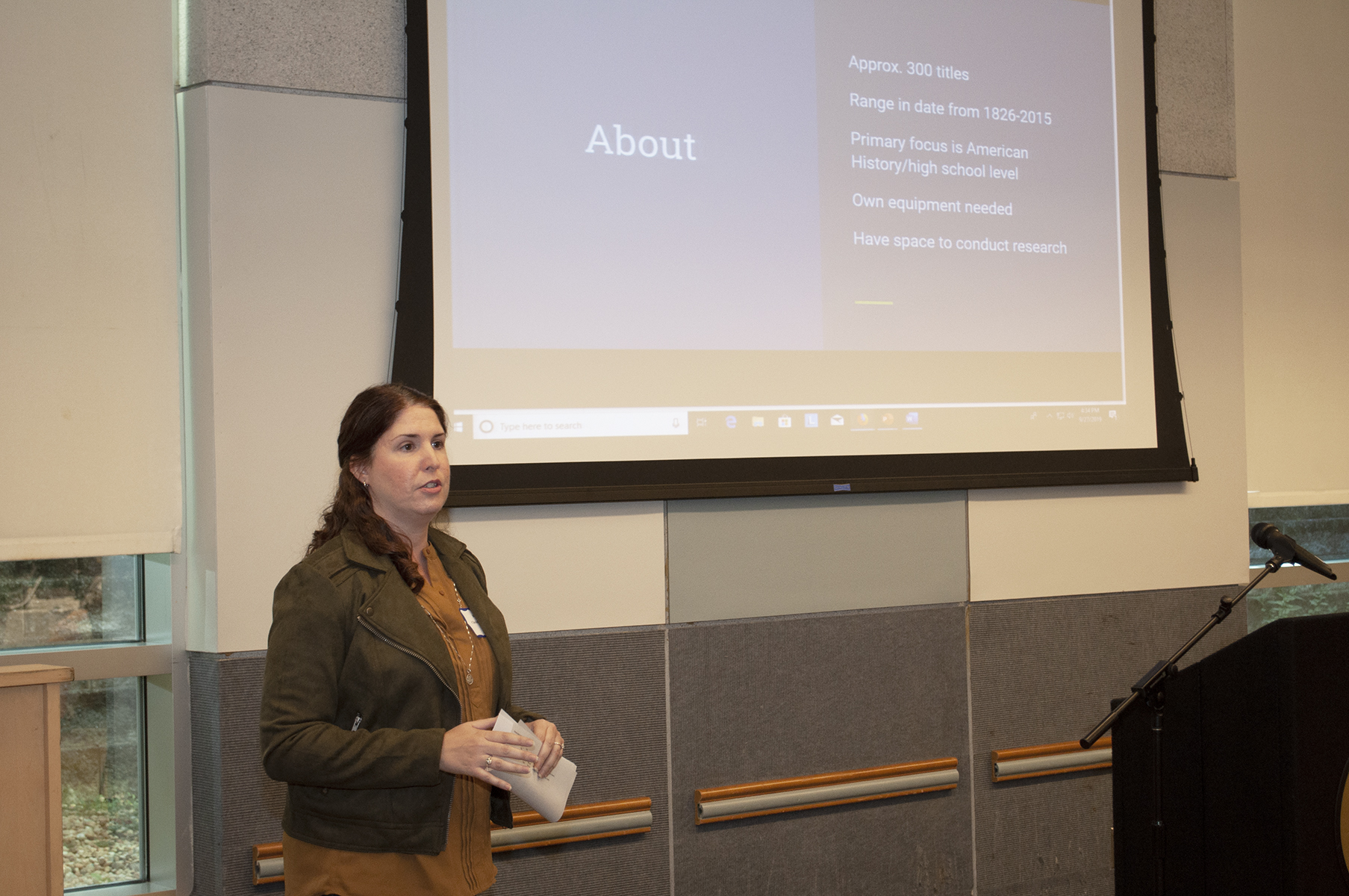In 2018, the Women Writer’s Project received a grant from the NEH Institutes for Advanced Topics in Digital Humanities to support a series of advanced seminars on using word embedding models in teaching and research. This program supports four institutes in 2019–2021:
- An introductory institute focused on
research uses of word vectors, using the WWP’s
web-based Women Writers Vector Toolkit
- An introductory institute focused on
pedagogical uses of word vectors, using the WWP’s
web-based Women Writers Vector Toolkit
- An intensive institute focused on
research uses of word vectors, offering a
thorough, well-scaffolded introduction to RStudio through
commented code samples that can be adapted for use in
participants’ own work
- An intensive institute focused on
pedagogical uses of word vectors, including
coverage of RStudio and the challenges of teaching
command-line tools in a humanities context
The introductory events will use simple, open-access web
tools hosted in the Women Writers Online Lab, while the
intensive events will focus on using RStudio and
command-line tools. All four institutes will consider how to
make and assess arguments about and with text analysis data,
and discuss how to assess the validity of methods, data
preparation, and tool configuration. After each event,
participants will receive support and guidance in
implementing these techniques in their home research and
teaching environments.
Travel funding is available of up to $500 per
participant.
Read more and learn
how to apply
The seminar schedule is as follows:
Northeastern University
July 17–19, 2019
Application deadline: March 22, 2019
Notification by April 19, 2019
Hosted by the Digital Scholarship Group
Introductory institute focused on research uses of word vectors
Northeastern University
May 20–22 2020
Application deadline: January 24, 2020
Notification by February 14, 2020
Hosted by the Digital Scholarship Group
Introductory institute focused on pedagogical uses of word vectors
Northeastern University
July 15–17 2020
Application deadline: January 24, 2020
Notification by February 14, 2020
Hosted by the Digital Scholarship Group
Intensive institute focused on research uses of word vectors
Northeastern University
July 2021 (specific date will be determined early in 2021)
Application deadline: March 19, 2021
Notification by April 16, 2021
Hosted by the Digital Scholarship Group
Intensive institute focused on pedagogical uses of word vectors
Word Vectors for the Thoughtful Humanist has been made
possible in part by a major grant from the National Endowment for the
Humanities: Exploring the human endeavor. Any views, findings,
conclusions, or recommendations expressed in this project, do not
necessarily represent those of the National Endowment for the
Humanities.
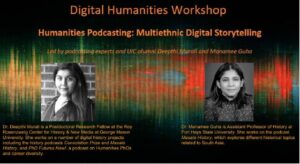 The University of Illinois at Chicago’s Digital Humanities Inititative is holding a workshop on Weds., November 11. This workshop will be led by podcasting experts and UIC alumni Deepthi Murali and Manamee Guha. We invite faculty and graduate students to join us in learning how to start a podcast of one’s own. The event will feature an introductory presentation followed by a hands-on tutorial.
The University of Illinois at Chicago’s Digital Humanities Inititative is holding a workshop on Weds., November 11. This workshop will be led by podcasting experts and UIC alumni Deepthi Murali and Manamee Guha. We invite faculty and graduate students to join us in learning how to start a podcast of one’s own. The event will feature an introductory presentation followed by a hands-on tutorial.
